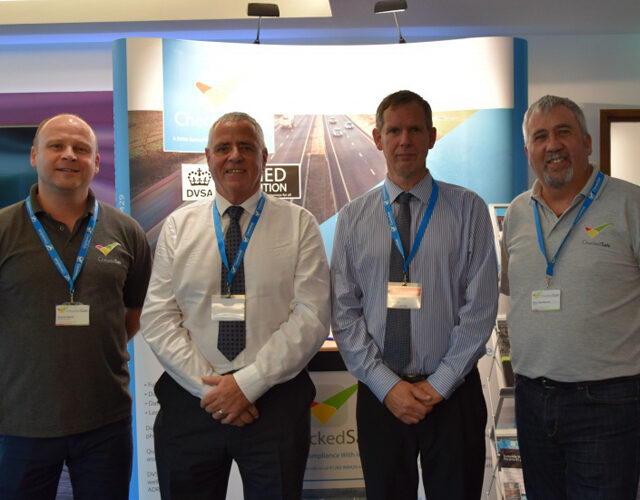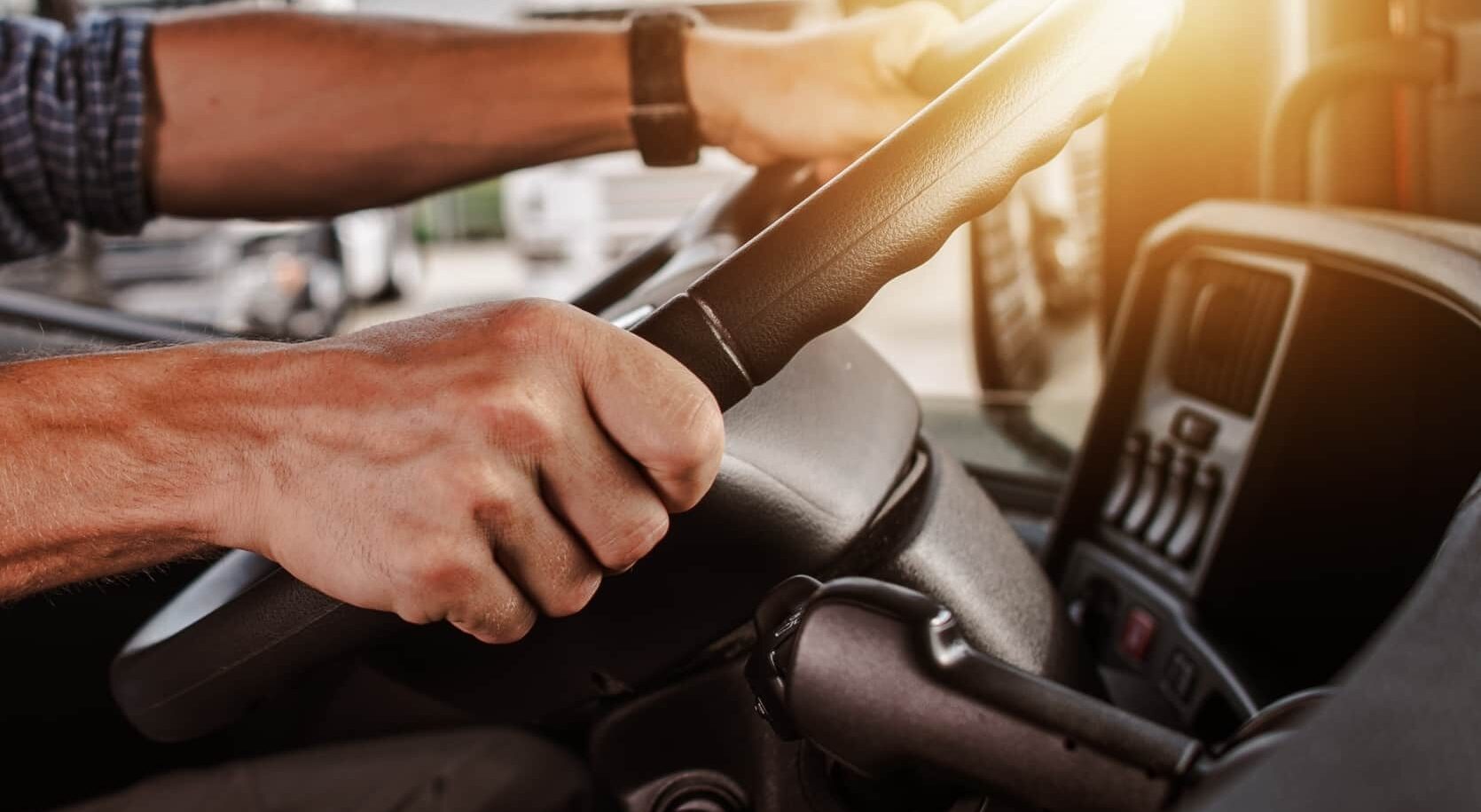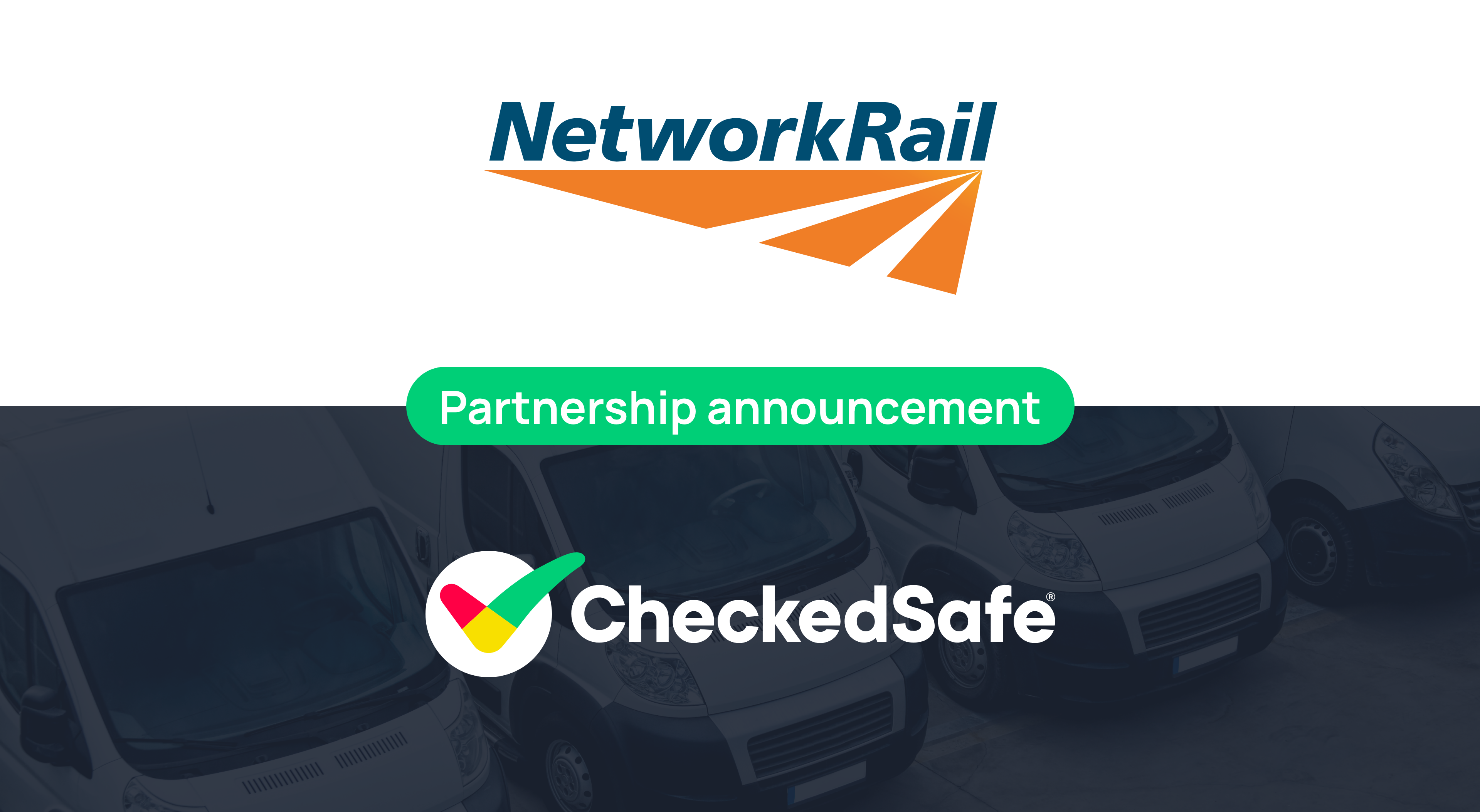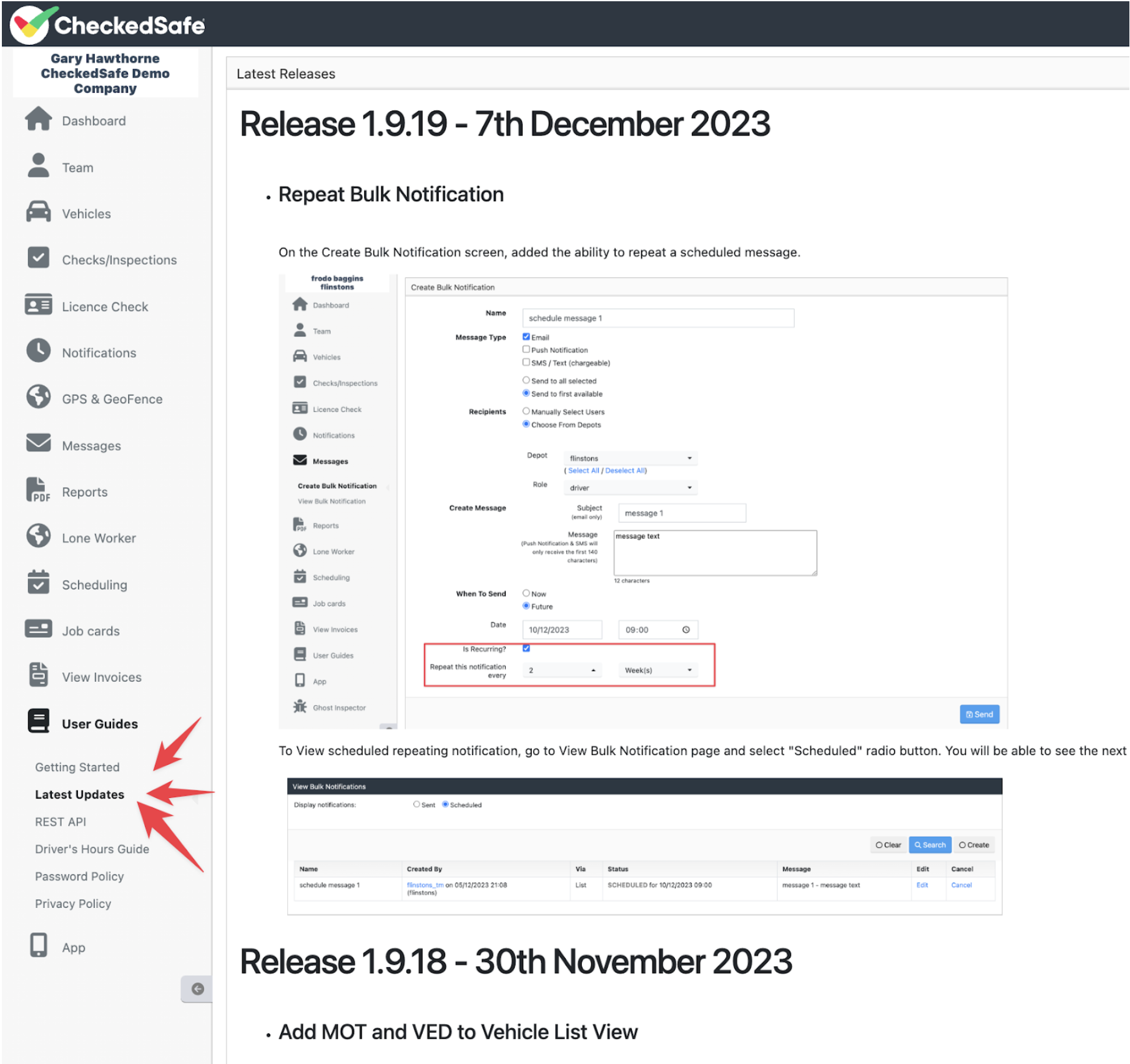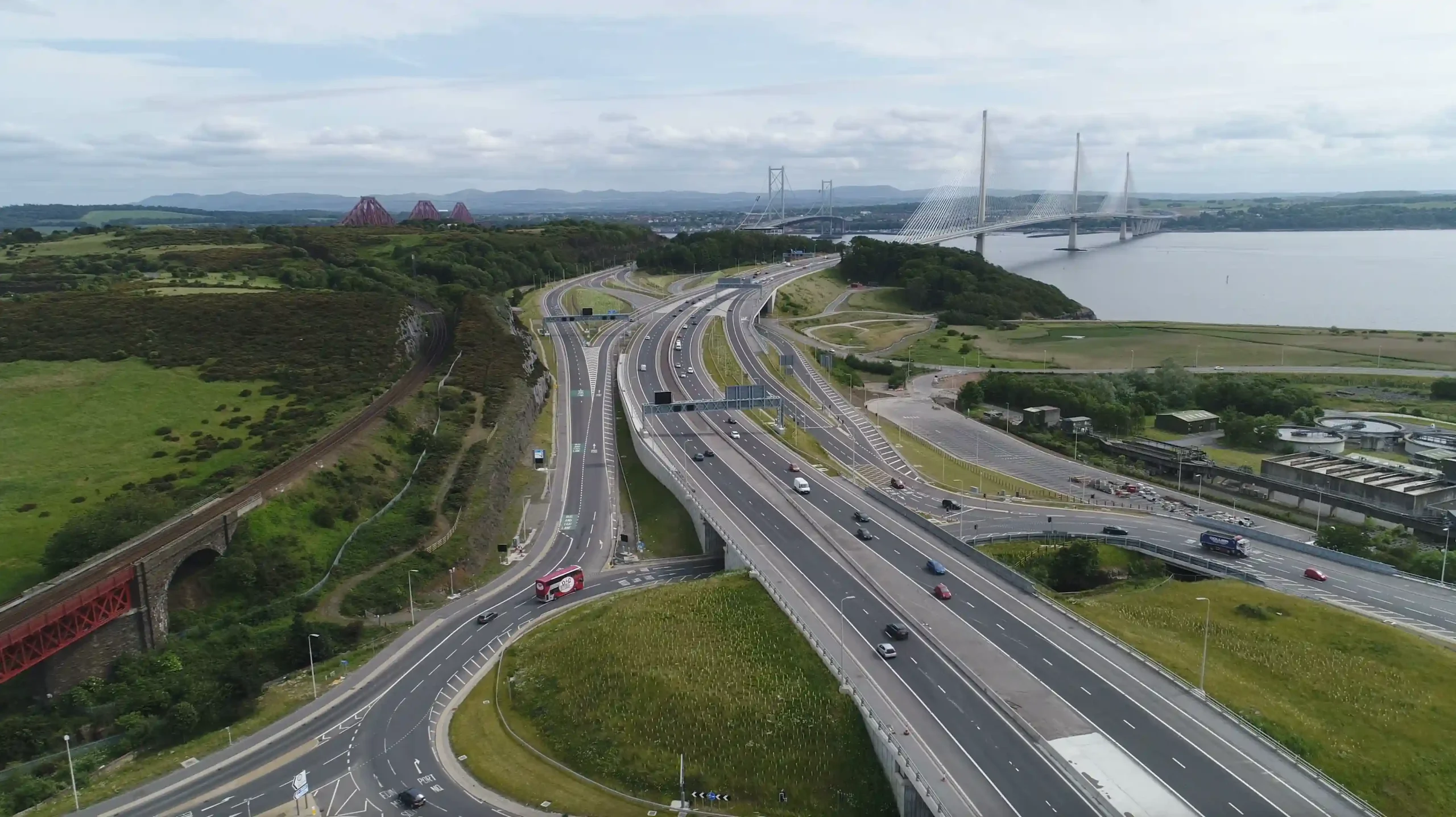CheckedSafe – the provider of compliance app solutions – held its first ever compliance seminar on Thursday (4 October).
Held at the Holiday Inn Express, Burnley, the free-to-attend event provided an insight into what operators should and could be doing to stay compliant, as well as what is out there to assist them.
Attendees heard from a range of industry experts who discussed the current and future issues affecting operators, as well as what to expect when things don’t go quite as planned.
Darran Harris, CheckedSafe’s co-founder and Director, says: “We had been to several compliance events and didn’t feel they addressed the issues of compliance and invariably they ended up being a sales pitch for the event provider.
“We felt that because of our background – me as a Solicitor and fellow Director Gary Hawthorne as a Transport Consultant – we could do a proper compliance event to educate and inform the industry about current issues, safety and the DVSA’s Earned Recognition scheme.”
DVSA Powers
Speaking first, Roger Dent from the Driver and Vehicle Standards Agency (DVSA) provided an overview of the role and powers of its enforcement teams, paying particular attention to its roadside enforcement officials.
Attendees were told about its accredited powers to stop and the enforcement sanction policy, outlining what non-compliant operators could face, such as verbal warnings and prohibition notices.
Roger also detailed steps operators can take to help prevent receiving such penalties.
Having compliant systems in place and making the best use of them is one way, he says.
“I know operators that have bought systems for drivers’ hours and maintenance and they don’t use them. If you’re not going to use them don’t pay for it, but don’t expect to be compliant.
“If you have control over your drivers, if you have systems in place and if you have compliance, you are unlikely to be stopped. But Earned Recognition is the best way to prevent it,” he adds.
‘Good’ operators
Philip Lapczuk, Project Manager of DVSA’s Earned Recognition, spoke further about the scheme, including how the idea came about, the application criteria and the benefits of opting into it.
Says Philip: “About four years ago I was asked to identify what a good operator looks like as we were very good at identifying bad operators, but we weren’t so good at detecting what good operators look like.
“This was the start of the Earned Recognition project – identifying what they could look like, so we could start putting standards in place.”
Philip also outlined the criteria operators must meet, including holding an O-Licence for at least two years and having digital systems that are capable of monitoring vehicle maintenance and drivers’ hours KPIs.
He was keen to stress that being involved in the scheme does not mean that the DVSA has direct access to a business’ data. All the DVSA needs is four-weekly KPIs that are automatically sent, says Philip.
There was also a chance to raise any concerns or ask any questions about the scheme, with one delegate asking if Earned Recognition will ever become compulsory. The answer being that it will not and that the requirements should be something that operators aspire to
When things go awry
Laura Newton, Associate Solicitor at Rothera Sharp Solicitors, gave an in-depth talk about how to avoid being called up to appear at a Public Inquiry (PI) and what operators facing one should expect on the day and how to prepare for it.
Laura went through the different reasons why an operator could be called up and what they would expect to find in a letter calling them to the PI, including what to bring to the hearing and a list of matters to be discussed.
Most importantly, she detailed what operators can do in the run up of the PI to put them in good stead with the Traffic Commissioner (TC). Be prepare and organised, she advises.
“If you get up to speed in the run-up to the hearing, it will work in your favour,” she says. “Demonstrate to the TC that improvements are already being made and what you will do to ensure events will not be repeated.”
The possible outcomes of a PI were also discussed, such as undertakings and formal warnings, to complete revocation.
Compliance Minimum Standard v Best Practice
Lastly, Mike Cunliffe, a Transport Manager for Amey, discussed the moral, financial and legal duty operators from all industries have to be compliant.
“We can’t eliminate the risk or the likelihood of an incident occurring, but we can limit the consequence if we conduct our operations responsibly and we continue to look for solutions to make this happen,” he says.
